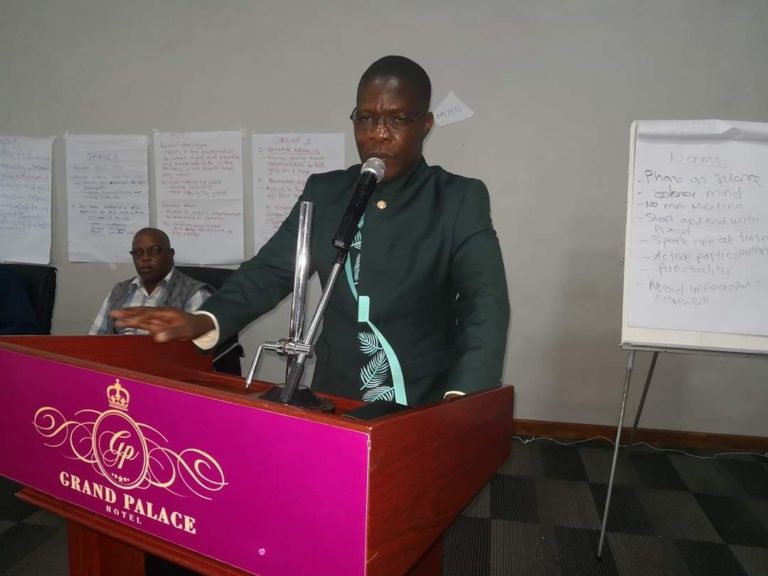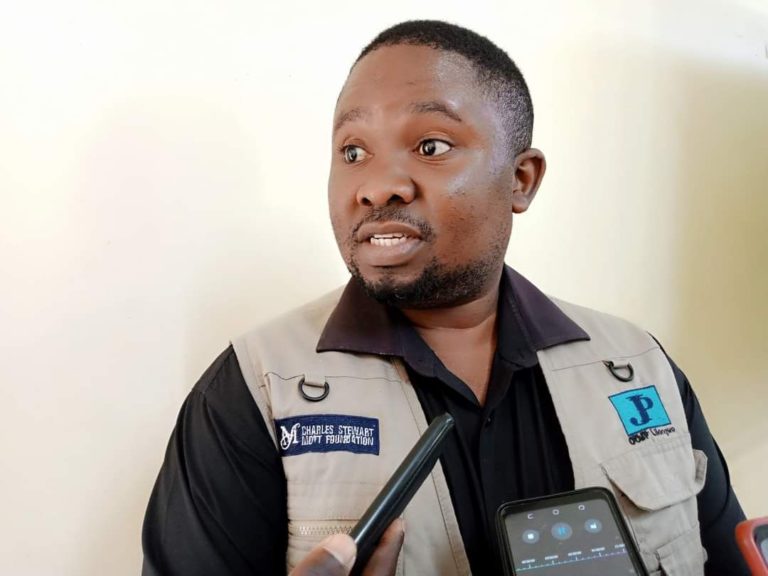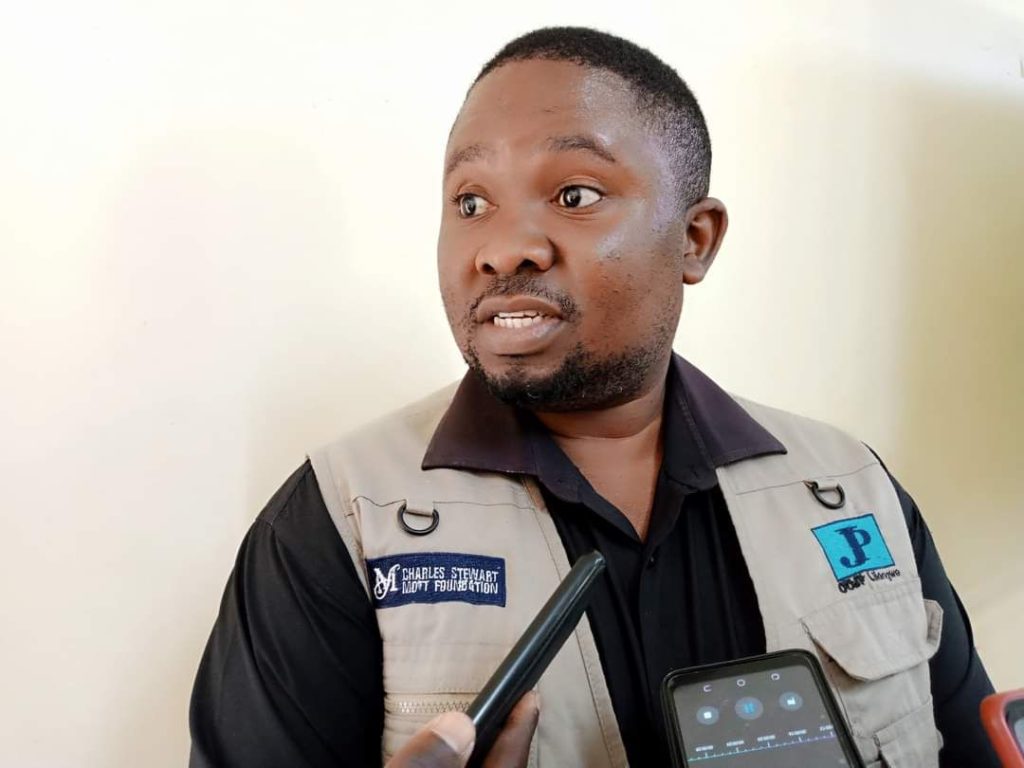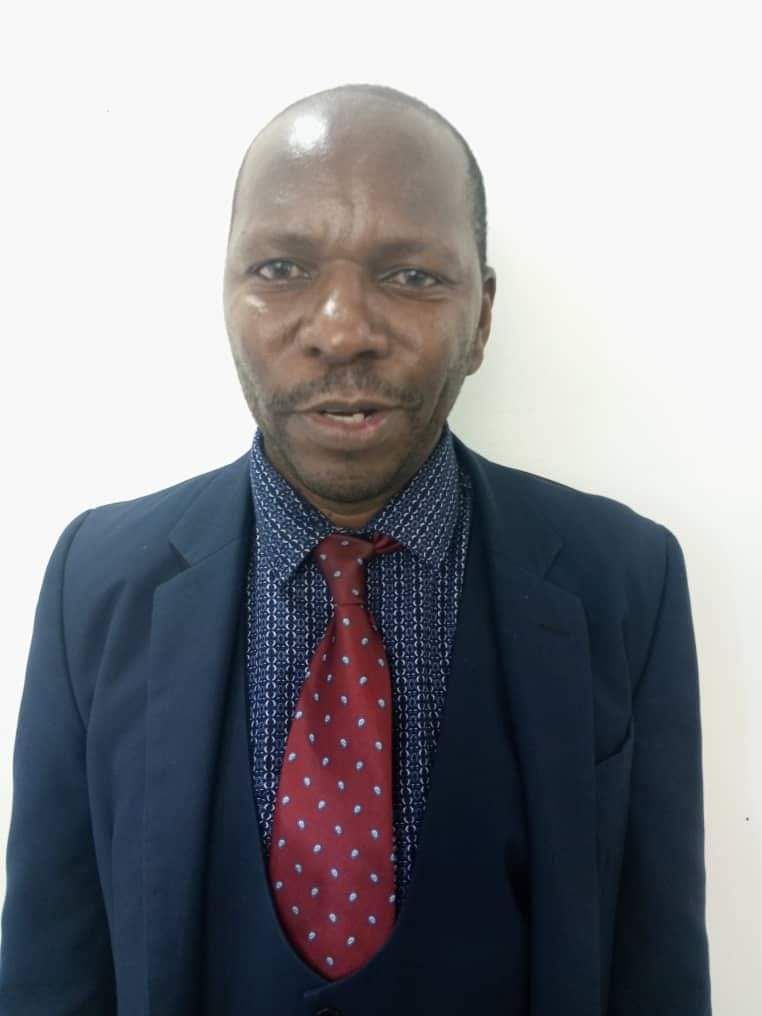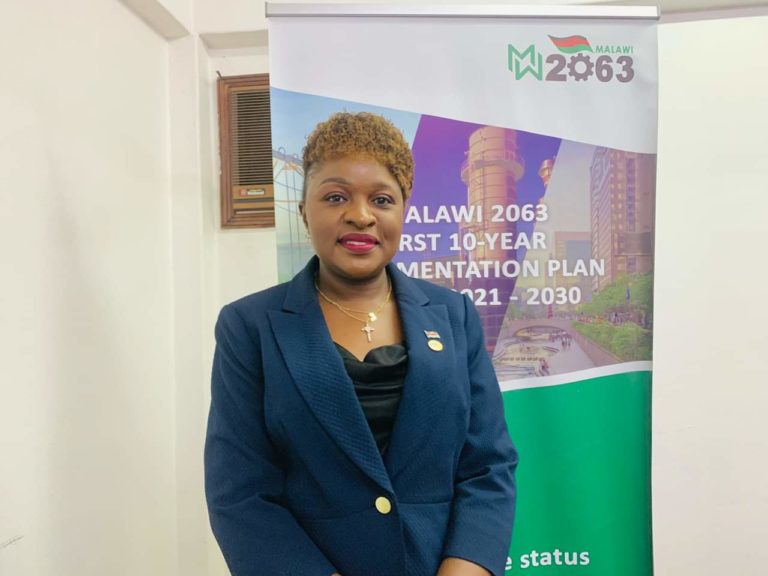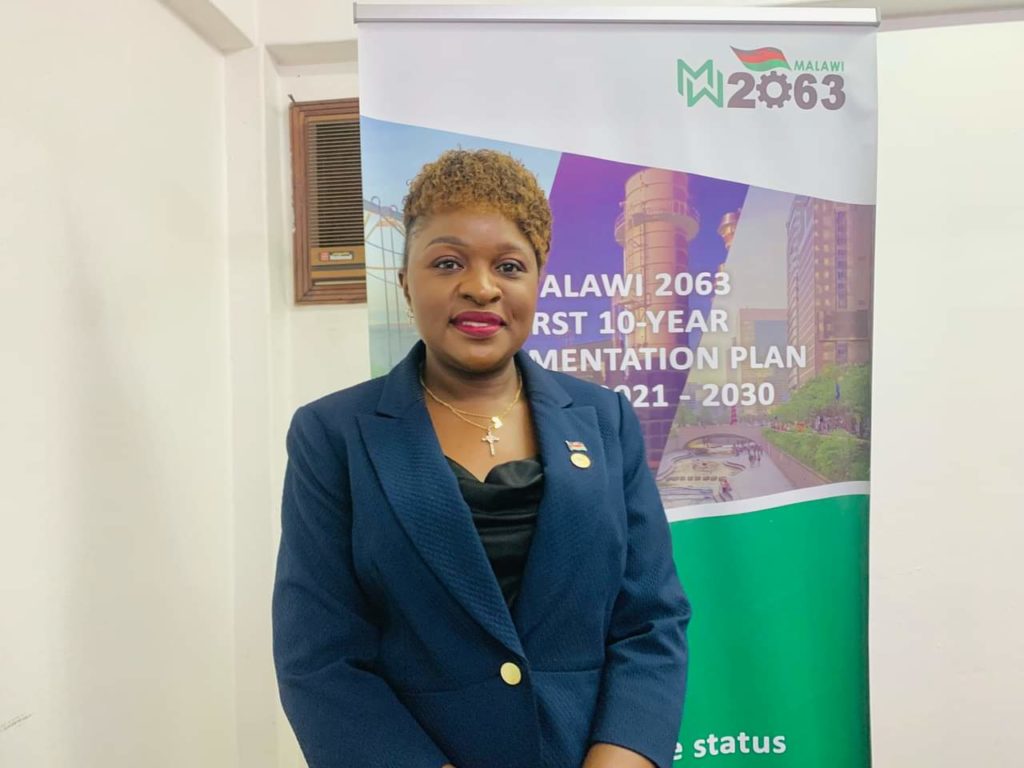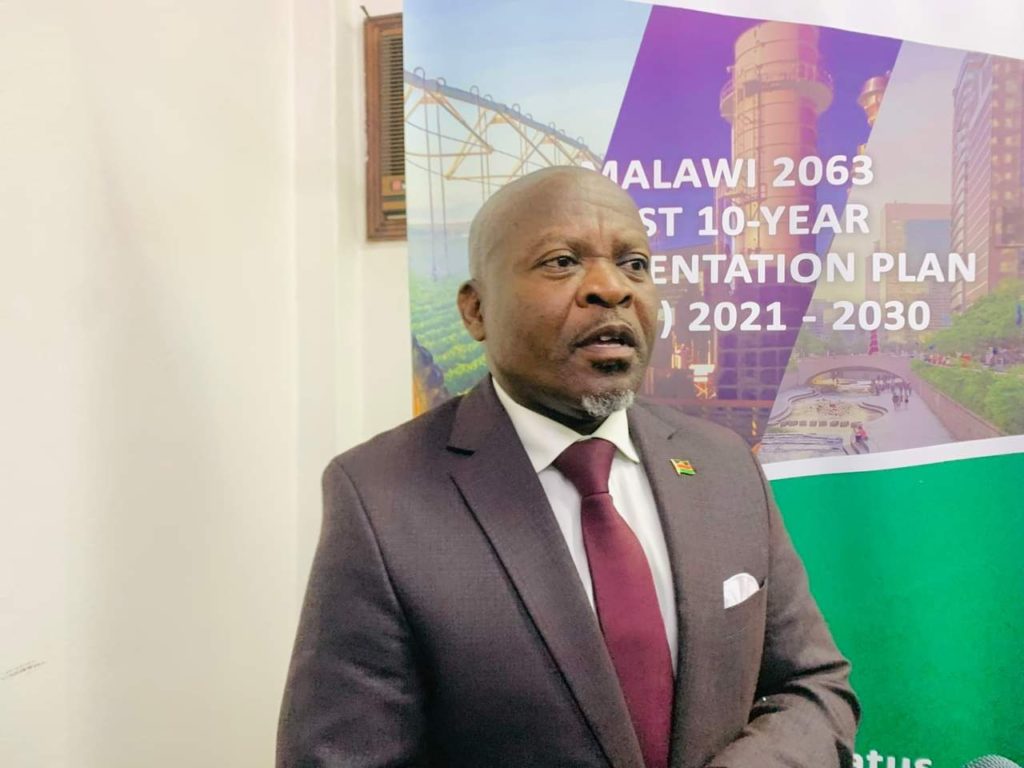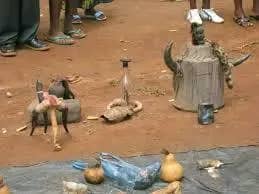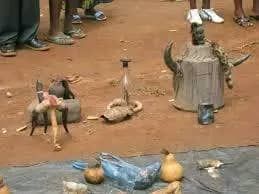By George Bulombola
The Ministry of Education, through its Teacher Education and Development Reform area, intends to upgrade teachers’ qualifications from the Initial Primary Teacher Education (IPTE) certificate to diploma and above as one way of motivating primary school teachers.
The Ministry of Education Director of Teacher Education and Development, Dr. Zizwa Msukuma, made the remarks in Mzuzu on Wednesday when he opened a 10-day school leadership training for head teachers, deputy head teachers, female section heads, teachers and primary education advisors (PEAs) from Mzimba North.
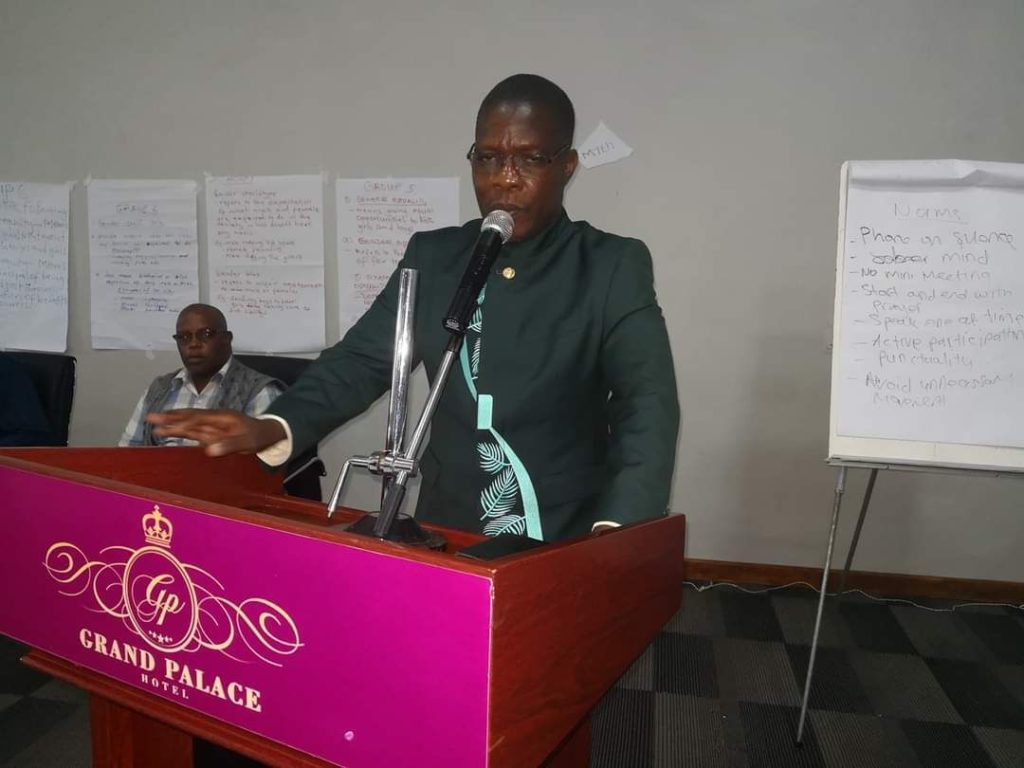
Msukuma said that currently, teachers are awarded IPTE certificates after finishing their studies at teacher training colleges, and their entry point into the ministry is Grade L.
“Grade L is a very low grade in the civil service, and chances for them to be promoted to higher grades are very slim because of their low qualifications.
“We hope that, with the planned introduction of diplomas and above qualifications, teachers will be motivated and promoted, hence improving basic education performance in the country,” said Msukuma.
He said teachers are supposed to have leadership knowledge and skills for better management of their schools, hence the training, as most of the teachers in leadership positions assumed their roles without any training.
“Lack of knowledge in leadership roles, among other factors, impacts negatively on schools’ performance,” said Msukuma.
Chief Education Officer for Mzimba North, Jessy Kapombe, said most teachers in leadership positions are appointed or recommended by the PEA without undergoing any formal orientation on their roles.
“I, therefore, hope that by the end of this training, teachers will come up with realistic and relevant school action plans that can go a long way in improving learning and teaching at their schools,” said Kapombe.
PEA for Lusangazi Education Zone, Elisha Nyirenda, described the training as beneficial to his role as zone manager.
“As a PEA, I need to have knowledge, skills and guidance so that I handle schools, teachers, learners and other primary school education related issues competently,” said Nyirenda.


